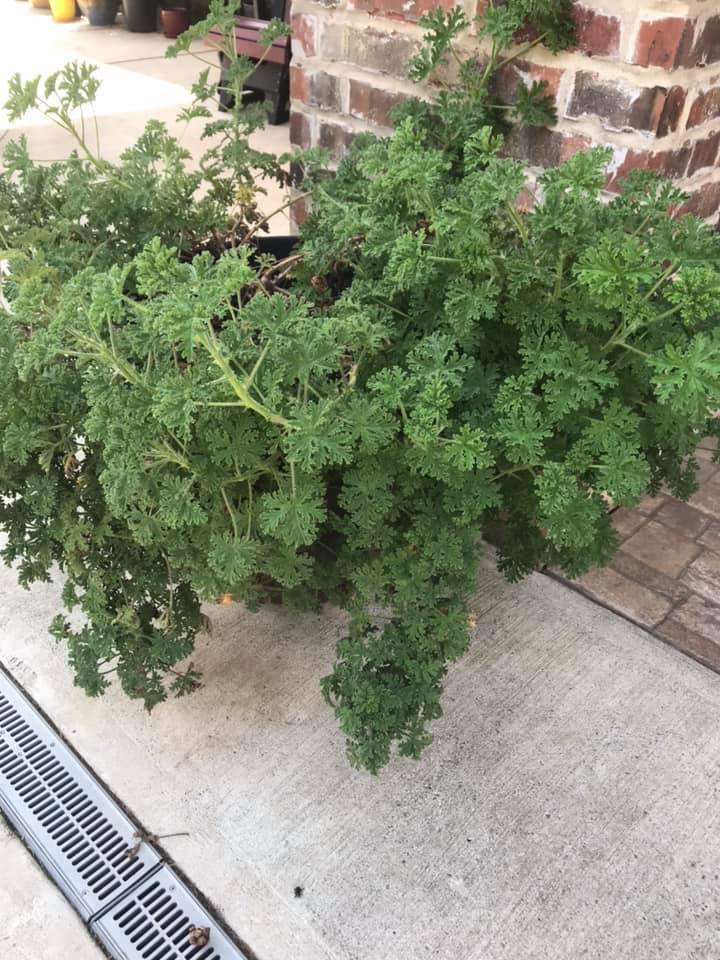
Citronella plants, with their vibrant green leaves and uplifting citrus scent, are a familiar sight in many gardens. But beyond their aesthetic appeal lies a treasure trove of hidden benefits. These tropical beauties are more than just pretty faces; they’re nature’s tiny warriors, repelling pesky insects and offering a surprising range of advantages for your garden and well-being.
The Citronella Superstar: Natural Bug Repellent
The most celebrated benefit of citronella is undoubtedly its insect-repelling prowess. The essential oils found in the leaves, particularly citronellol, emit a strong aroma that mosquitoes and other flying annoyances find highly offensive. Unlike harsh chemical repellents, citronella provides a natural and safe solution for creating a bug-free haven in your outdoor space.
- Strategic Placement for Maximum Protection: Plant citronella in pots near entrances, patios, and seating areas to create a fragrant barrier against unwanted guests.
- Citronella Oil for Extended Coverage: Crushing or rubbing the leaves releases a stronger concentration of citronellol. Consider using this oil in diffusers or sprays for added protection during outdoor gatherings.
Citronella vs. Lemongrass: A Common Confusion
It’s important to distinguish citronella from its close relative, lemongrass. While both share a citrusy scent, lemongrass is primarily used for culinary purposes. Citronella, with its higher concentration of citronellol, is the champion when it comes to insect repellency.
Beyond the Buzz: Unveiling Citronella’s Hidden Talents
While keeping mosquitoes at bay is a significant advantage, citronella’s hidden talents extend far beyond the realm of pest control. Here are some surprising ways these versatile plants can enhance your garden and well-being:
Air Purification Powerhouse
Citronella plants act as natural air purifiers, absorbing pollutants and releasing fresh oxygen. They’re particularly adept at removing common household toxins like formaldehyde and benzene, often found in paints and cleaning products. With their air-filtering abilities, citronella plants contribute to a healthier and more breathable environment.
A Companion Gardener’s Dream
Citronella plants are fantastic companion plants, fostering a healthy ecosystem in your garden. Their strong scent helps deter some harmful insects, while also attracting beneficial pollinators like bees and butterflies. This creates a balanced environment where your other plants can thrive.
- Planting Partners: Consider planting citronella near vegetables, herbs, and flowering plants that are susceptible to insect damage.
Fragrant Stress Reliever
The uplifting citrus scent of citronella leaves has a calming and stress-relieving effect. Studies suggest that inhaling citronellol can help reduce anxiety and promote relaxation. Crushing fresh leaves or using citronella oil in a diffuser can create a tranquil atmosphere, perfect for unwinding after a long day.
Culinary Delights: A Touch of Citrus
While not as prominent as lemongrass, citronella leaves can add a subtle citrusy note to certain dishes. The leaves can be used sparingly in soups, stews, and stir-fries. Important Note: Always use fresh leaves from your own citronella plant, as commercially available citronella oil is not intended for consumption.
Eco-Friendly Mosquito Control
Citronella offers an eco-friendly alternative to harsh chemical bug repellents. Unlike chemical products, citronella is non-toxic to humans and pets (when used as intended) and doesn’t harm beneficial insects. By choosing citronella, you’re not only protecting yourself from pests but also contributing to a more sustainable environment.
The Art of Citronella Crafts
The creative possibilities with citronella extend beyond the garden. Dried citronella leaves can be used to create fragrant potpourris, sachets, and even citronella candles. These DIY projects not only add a touch of natural beauty to your home but also provide a continuous, gentle release of the insect-repelling citronellol.
Citronella Care: A Recipe for Success
Growing citronella plants is relatively easy, but a few basic tips can ensure they reach their full potential:
- Light: Citronella thrives in full sun to partial shade.
- Soil: Plant them in well-draining, fertile soil.
- Watering: Water regularly during the growing season, allowing the soil to dry slightly between waterings.
- Fertilizing: Feed your citronella plants a balanced fertilizer once a month during the growing season.
- Harvesting: Regularly harvest leaves throughout the growing season to encourage new growth.
Winter Woes? Bringing Citronella Indoors
Citronella plants are not particularly frost-tolerant. If you live in a climate with cold winters, you can bring your citronella plant indoors before the first frost. Here’s how:
- Choose a Bright Spot: Place your citronella plant in a sunny location indoors, preferably near a south-facing window.
- Adjust Watering: Reduce watering as the plant enters a semi-dormant state during the winter months.
- Humidity Matters: Citronella plants prefer moderate humidity. Grouping your citronella with other humidity-loving plants or using a pebble tray filled with water can help maintain the desired moisture level.
With proper care, your citronella plant can survive the winter indoors and be returned outdoors when warmer weather arrives.
The Final Bloom: A Garden Sanctuary Awaits
Citronella plants offer a multitude of benefits that extend far beyond their insect-repelling properties. From purifying the air to attracting beneficial pollinators and even adding a touch of citrus to your culinary creations, these fragrant warriors are a valuable addition to any garden. So, plant some citronella today, and create a haven of tranquility, natural beauty, and blissful bug-free evenings in your outdoor space.
